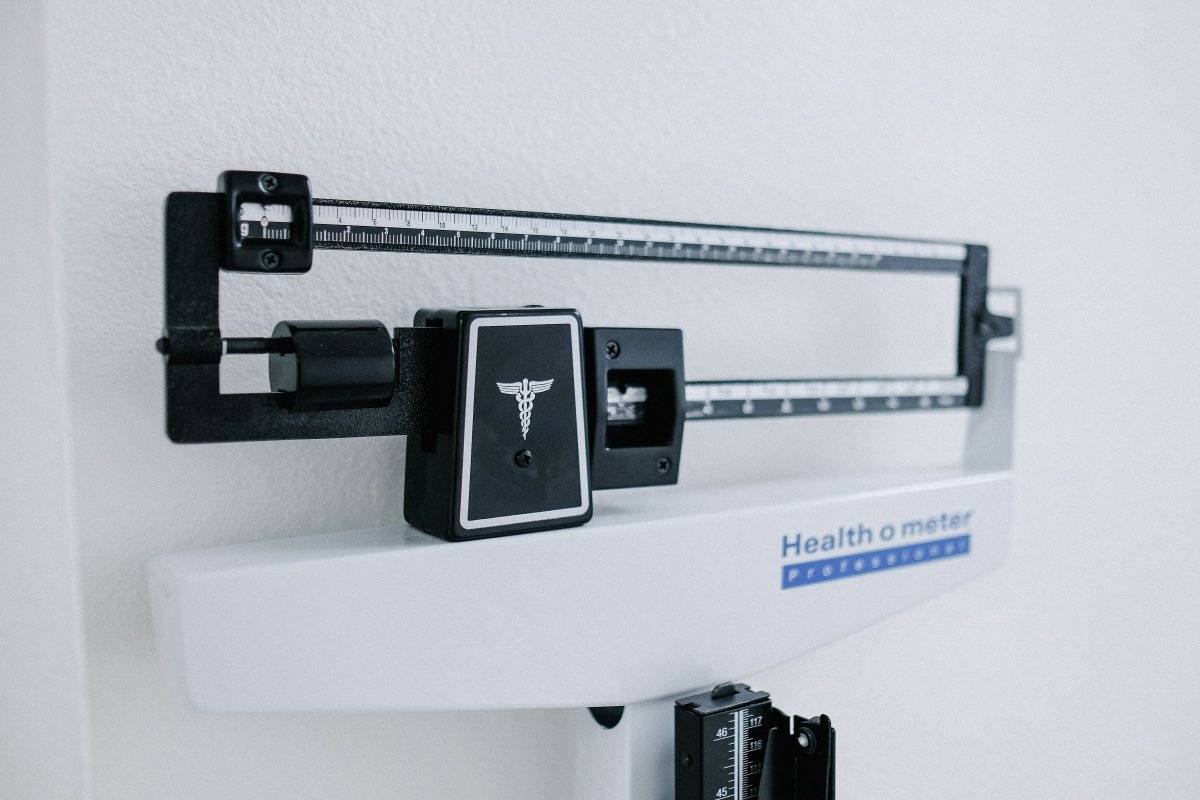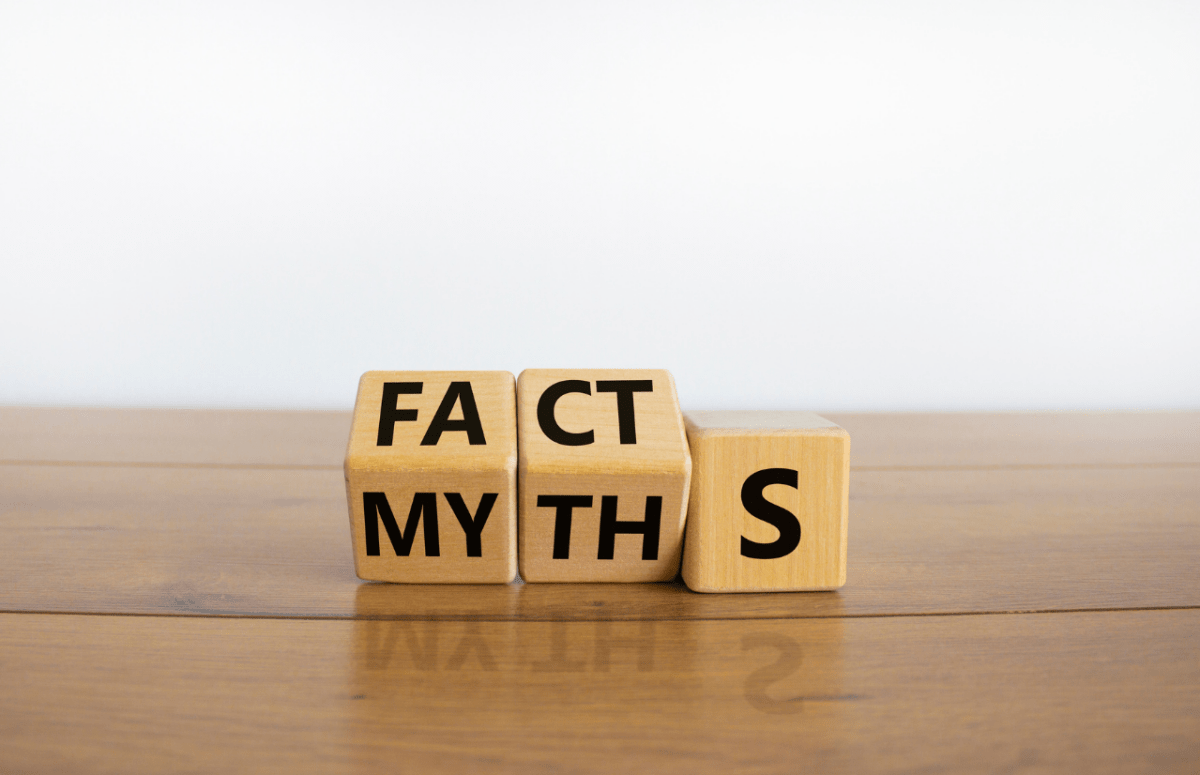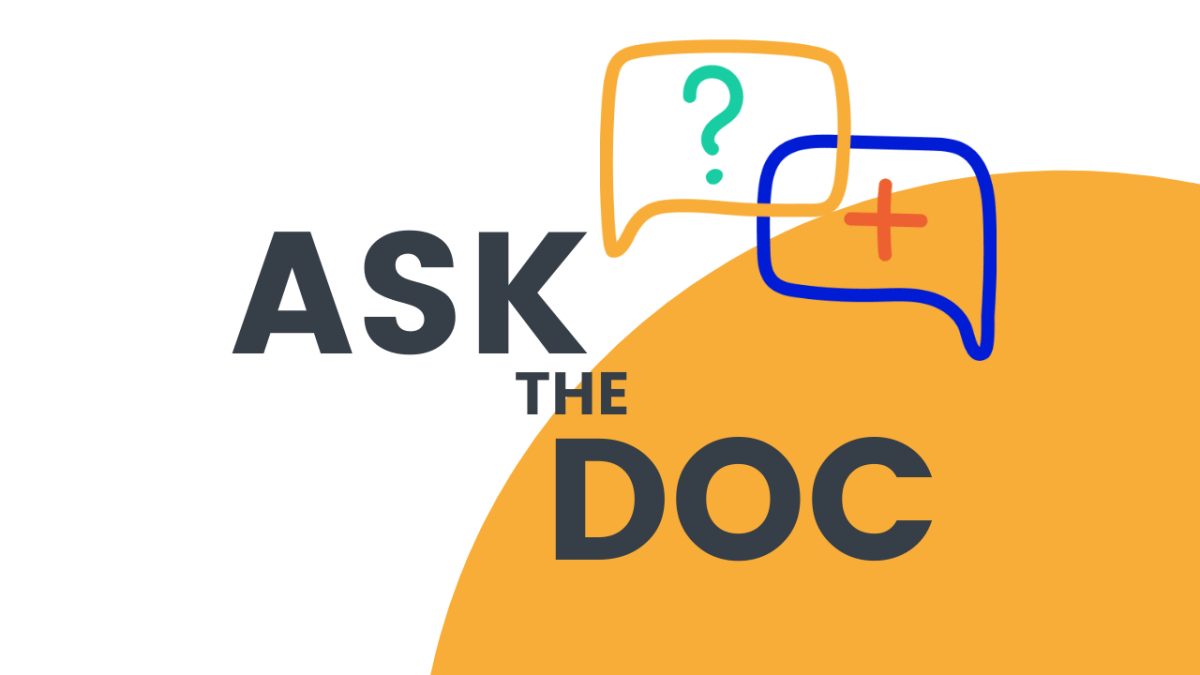The genetic code is our blueprint for life and is a big component of our health. Our lifestyle plays a huge part on our health outcomes and certain genes can be switched ‘on’ and ‘off’ due to our lifestyle. We are all different as people and our genetic data really gives us a myopic view of what lifestyle might suit us best as individuals.
There is a lot of talk about different diets - keto, carnivore, low carb, vegan and different exercise regimes - HIIT, LISS and various others. There are also great anecdotes on great results from these different programmes by different people. This is largely due to the inherent differences in our physiology leading us to respond differently to different diets and workout regimens. There’s little use in having the same standard blanket plan for every individual as these variances are known to exist.
The arrival of genetic testing is a huge opportunity for us and will enable us to avoid 'trial and error', due to the increasing insight into our body’s systems. It will equip professionals to help people make the best choices for their biology and help optimise health. This will help move healthcare to a preventative and more empowering model for the citizen. This paradigm shift to prevention will mean you have more control over your health.
The recent announcement by Matt Hancock the Health secretary of the promotion of genetic testing via ‘genomic volunteers’ will be a colossal step forward for health. Eric Topol, Cardiologist, geneticist, and digital medicine researcher, envisions how the future of healthcare will look with a data centric approach to health encompassing our genetic code, exposome, transcriptome, proteome, microbiome and blood biomarkers being made available. This is a huge leap forward for precision medicine research and will make us closer to the personalised medicine promised in the future. As we generate more data, we have larger data sets to which we can apply Machine Learning techniques to get more insights and discover trends otherwise undiscoverable. We can establish more links between certain genes and certain health outputs. We can then use behavioural insights and ‘nudge’ people towards what helps them. We need all the information to make the best decisions for health instead of ‘guessing; what works. The empowered person is much more motivated to improve their health outcomes and act to lessen their genetic risks.
Being a Board Certified Lifestyle Medicine Doctor and NHS Clinical entrepreneur I have the strong opinion that this is a a great idea for the NHS and will help accelerate our understanding of health and help discover therapeutics to help combat disease. But more specifically it will allow individuals to make better decisions with regards to their health as they will have information on the likelihoods of certain traits.
Doctors will also be able to give more tailored advice to their patients which will help many people live healthier lives which is essential with the technology available and sequencing becoming exponentially cheaper.
Overall, this will help improve the population’s health in the long term as we will have a more individualised healthcare model which will subsequently enable better health outcomes.
About the author:
Dr. Sohaib Imtiaz is a Board Certified Lifestyle Medicine Doctor and NHS clinical entrepreneur. With a Masters in Public Health, Dr. Imtiaz is striving to be a design thinker, chief data, innovation officer and medical entrepreneur with an interest in Human Performance and Technology.





Share:
Paleo Lifestyle Benefits